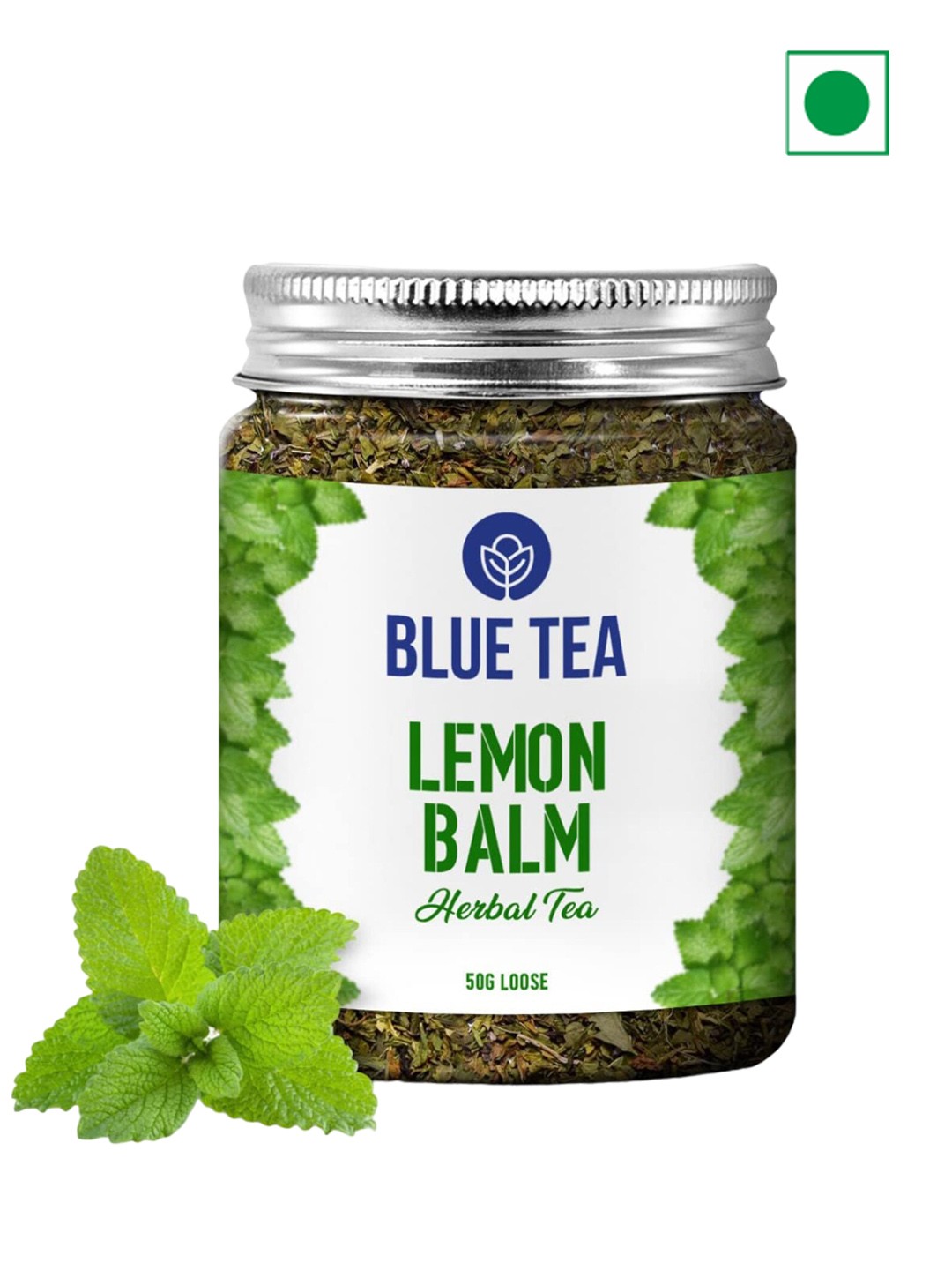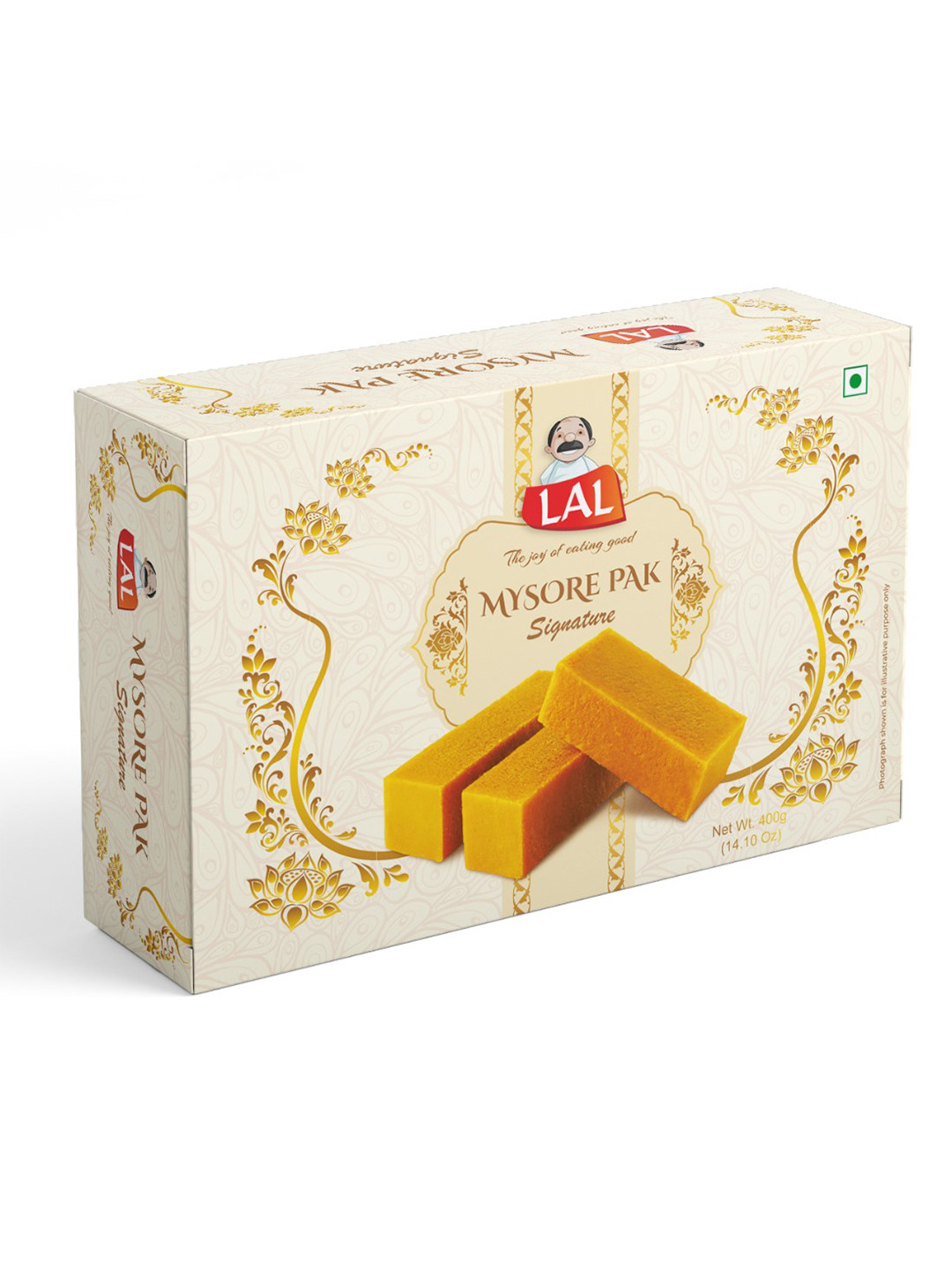What Is Black Water And Why Do People Drink It Daily
Black water is gaining popularity for its supposed health benefits, but what exactly is it and why are people choosing it over regular water?

Why Are People Drinking Black Water Every Day?
Black water is not just a trend, it is a curious shift in how people think about hydration and wellness. With its dark hue and mineral-rich composition, black water has sparked interest across health circles and social media alike. Unlike regular water, it contains fulvic acid and trace minerals that give it its distinctive colour and supposed benefits. But is it truly better for you, or just another wellness fad? Understanding what black water really is can help you decide whether it deserves a place in your daily routine.

Black Water Has A Distinctive Dark Hue And Mineral-Rich Texture; Photo Credit: Freepik
As more people swap their clear water bottles for jet-black alternatives, questions around their safety, benefits, and science are becoming more common. Is black water just a marketing gimmick, or does it offer genuine advantages for hydration, detoxification, and energy? This article explores the origins, composition, and claims surrounding black water, helping you make an informed choice about whether it's worth adding to your lifestyle.
What Makes Black Water Different From Regular Water
Black water stands out primarily because of its colour, which comes from the presence of fulvic acid, a compound formed through the decomposition of plant matter. This acid binds with minerals and trace elements, creating a dark liquid that is said to be rich in electrolytes and antioxidants. Unlike regular water, which is typically filtered to remove impurities, black water retains these natural compounds. Supporters claim it helps with hydration at a cellular level, improves nutrient absorption, and balances pH levels in the body. However, its taste is often described as slightly earthy, which may take some getting used to for those accustomed to plain water.
Also Read: 5 Best Water Bottles Under ₹1,000 That Keep Drinks Cold for Hours
The Role Of Fulvic Acid In Black Water
Fulvic acid is the key ingredient that gives black water its colour and supposed health benefits. It is a naturally occurring compound found in soil, peat, and other organic matter. In black water, fulvic acid acts as a carrier for minerals, helping them become more bioavailable to the body. Some studies suggest that fulvic acid may support gut health, reduce inflammation, and improve energy levels. It is also believed to help detoxify the body by binding to toxins and heavy metals. While these claims are promising, more scientific research is needed to fully understand its long-term effects and safety when consumed regularly.

Black Water Is Growing Its Popularity In Daily Consumption; Photo Credit: Freepik
Health Claims And Scientific Evidence
Black water is often marketed as a functional beverage with a range of health benefits, including improved digestion, enhanced immunity, and better hydration. Some proponents even suggest it can aid in weight loss and skin health. However, the scientific evidence supporting these claims is limited. While fulvic acid has shown potential in preliminary studies, most of the research has been conducted in controlled environments or on animals. Human trials are still sparse, and experts caution against relying solely on black water for health improvements. It is best viewed as a supplement to a balanced diet rather than a miracle solution.
Also Read: An Electric Kettle Is The Fastest Way To Boil Water.
Is Black Water Safe To Drink Daily?
For most healthy individuals, drinking black water occasionally is unlikely to cause harm. It is generally considered safe when sourced from reputable manufacturers who ensure proper filtration and mineral balance. However, because it contains concentrated minerals and fulvic acid, excessive consumption may not be advisable for people with kidney issues or mineral imbalances. Pregnant women and children should consult a healthcare provider before including it in their diet. As with any wellness product, moderation is key. If you are considering making black water a daily habit, it is wise to monitor how your body responds and seek medical advice if needed.

Drinking Black Water Is A Functional Hydration Choice.; Photo Credit: Freepik
Environmental And Economic Considerations
Black water is often packaged in sleek bottles and marketed as a premium product, which raises questions about its environmental impact and affordability. The production process involves sourcing organic compounds and minerals, which can be resource-intensive. Additionally, the cost of black water is significantly higher than regular bottled water, making it less accessible to the average consumer. While some brands are working towards sustainable packaging and ethical sourcing, the overall footprint of black water remains a concern. Consumers should weigh the benefits against the environmental and financial costs before making it a regular purchase.
Products Related To This Article
1. Evocus Black Alkaline Drink
2. Aghora Black Alkaline Water natural
3. Evocus Black Alkaline Drink Infused with Essential Minerals
4. Evocus Black Alkaline Drink with Clinically Proven Benefits
5. Booster Black Alkaline Drink
6. Evocus Sports Alkaline Drink
7. Evocus Black Alkaline Drink
8. Aghora Black Alkaline Water - 500 ML
Black water may offer certain health benefits due to its mineral content and fulvic acid, but it is not a substitute for a balanced lifestyle. While its unique composition makes it an intriguing choice for hydration, scientific evidence is still evolving. If you are curious about trying black water, start with small quantities and observe how your body reacts. Remember, wellness is not about following trends, it is about making informed choices that suit your individual needs. Whether you stick with regular water or explore alternatives, staying hydrated remains one of the simplest ways to support your health.
Frequently Asked Questions (FAQs)
Q1. What Is Black Water Made Of?
Black water is primarily composed of purified water infused with fulvic acid and trace minerals. These natural compounds give it its dark colour and are believed to offer health benefits.
Q2. Can Black Water Help With Weight Loss?
There is no conclusive evidence that black water directly aids in weight loss. However, its mineral content may support metabolism and hydration, which are important factors in maintaining a healthy weight.
Q3. Is Black Water Suitable For Children?
Black water is not typically recommended for children unless advised by a healthcare professional. The concentrated minerals and fulvic acid may not be suitable for developing bodies.
Q4. Does Black Water Taste Different From Regular Water?
Yes, black water has a slightly earthy or mineral-like taste due to the presence of fulvic acid and trace elements. Some people find it refreshing, while others may need time to adjust.
Q5. How Often Can I Drink Black Water?
Most people can safely drink black water in moderation. It is best to start with small amounts and consult a healthcare provider if you have any underlying health conditions.
Disclaimer: The images used in this article are for illustration purpose only. They may not be an exact representation of the products, categories and brands listed in this article.

























